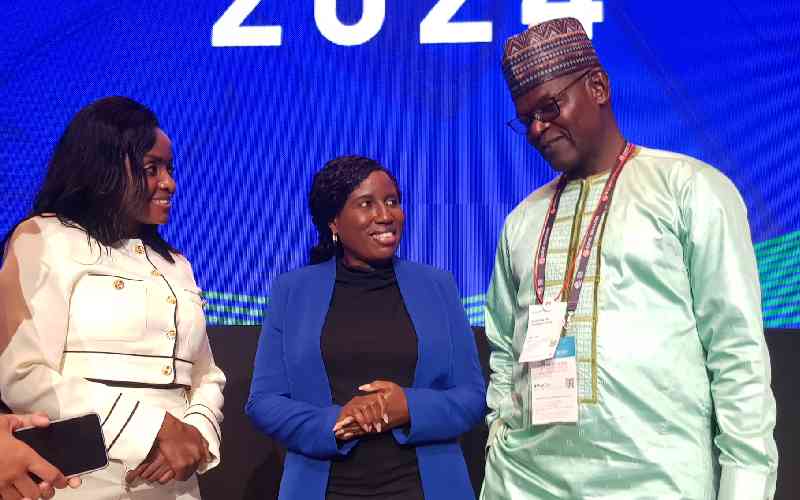×
The Standard e-Paper
Fearless, Trusted News

Higher Education Principal Secretary Beatrice Inyangala now says value-based education will play a key role in solving the ethical challenges of using Artificial Intelligence in the education sector.
Speaking at Huawei's MWC 2024 Leap Summit in Shanghai, China, Inyangala said although AI has great potential for the future of learning, there have been concerns over the integrity of the systems especially in the delivery of examinations.







